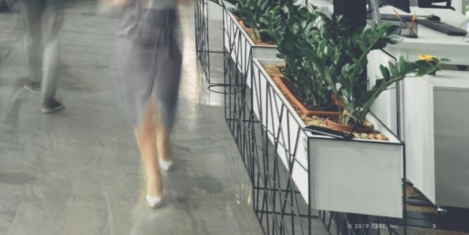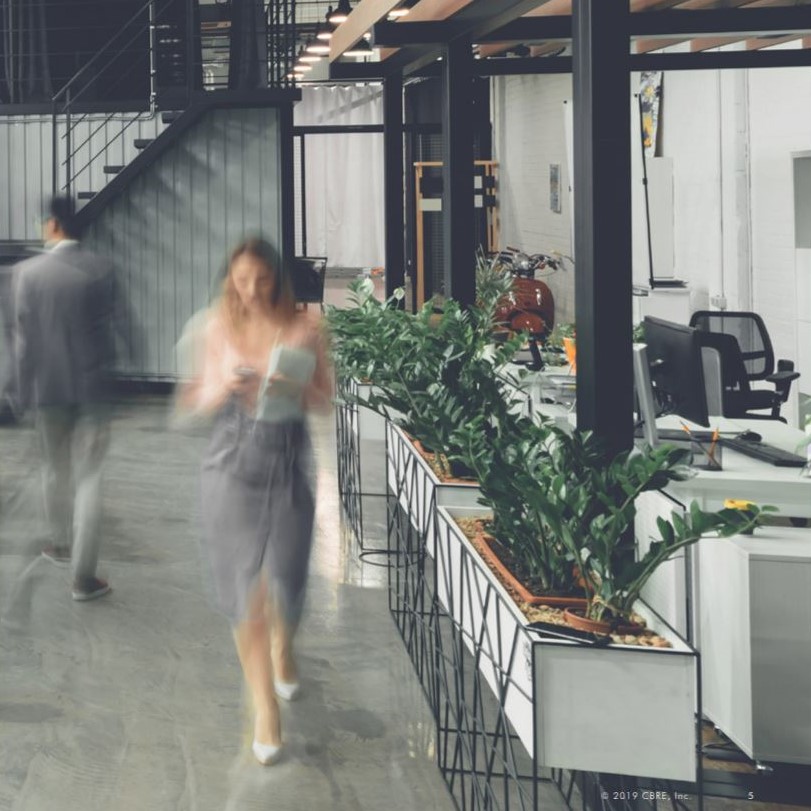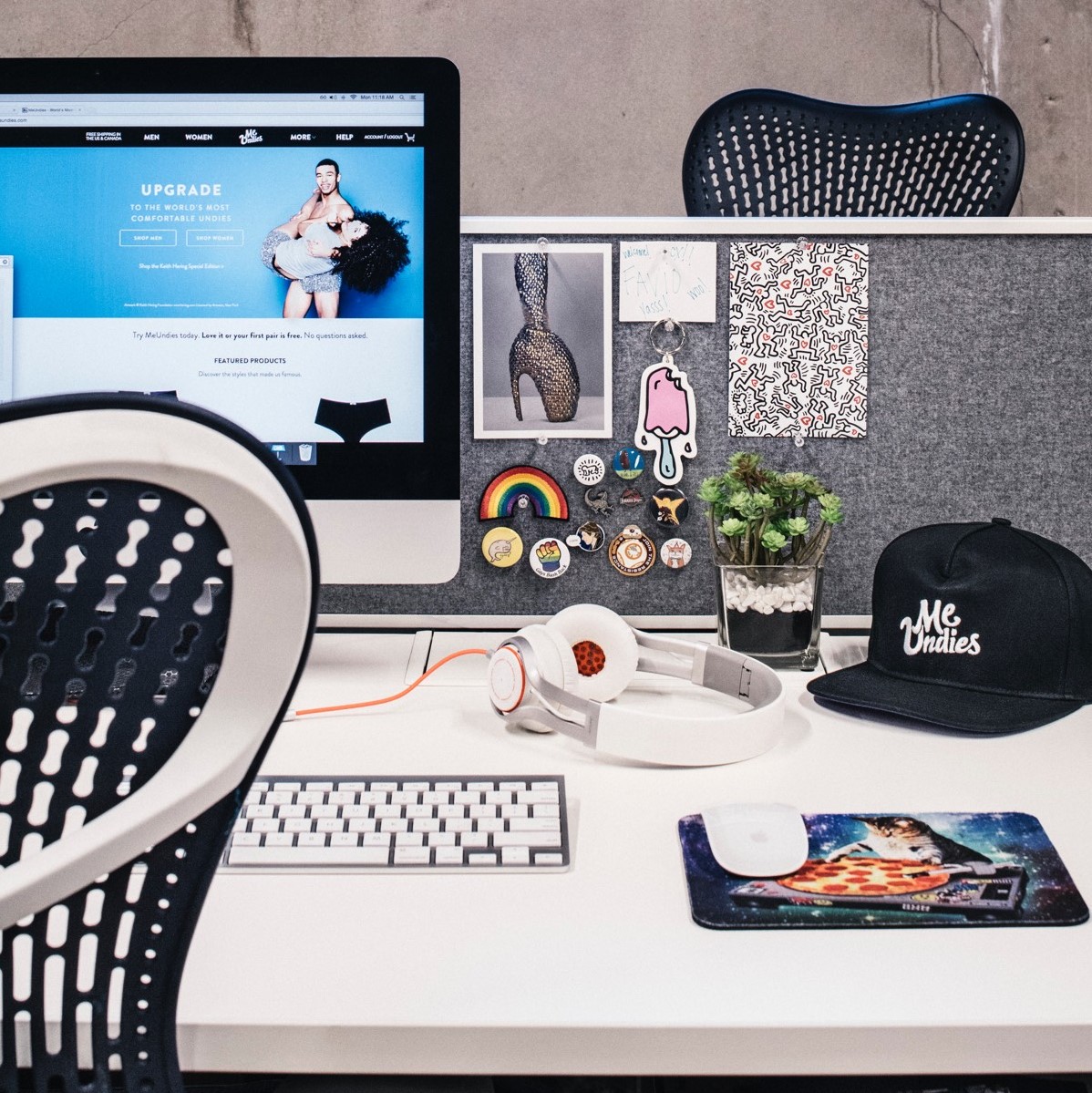To provide the best experiences, we use technologies like cookies to store and/or access device information. Consenting to these technologies will allow us to process data such as browsing behaviour or unique IDs on this site. Not consenting or withdrawing consent, may adversely affect certain features and functions.
The technical storage or access is strictly necessary for the legitimate purpose of enabling the use of a specific service explicitly requested by the subscriber or user, or for the sole purpose of carrying out the transmission of a communication over an electronic communications network.
The technical storage or access is necessary for the legitimate purpose of storing preferences that are not requested by the subscriber or user.
The technical storage or access that is used exclusively for statistical purposes.
The technical storage or access that is used exclusively for anonymous statistical purposes. Without a subpoena, voluntary compliance on the part of your Internet Service Provider, or additional records from a third party, information stored or retrieved for this purpose alone cannot usually be used to identify you.
The technical storage or access is required to create user profiles to send advertising, or to track the user on a website or across several websites for similar marketing purposes.
 According to a new report on behaviour and attitudes to cybersecurity among different age groups, employees over the age of 30 are more likely to adopt cybersecurity best practice than younger colleagues who have grown up around digital technology. The report, Meeting the expectations of a new generation. How the under 30s expect new approaches to cybersecurity (registration), also indicates that the younger generation is more anxious about cybersecurity and their company’s ability to tackle the number of security threats.
According to a new report on behaviour and attitudes to cybersecurity among different age groups, employees over the age of 30 are more likely to adopt cybersecurity best practice than younger colleagues who have grown up around digital technology. The report, Meeting the expectations of a new generation. How the under 30s expect new approaches to cybersecurity (registration), also indicates that the younger generation is more anxious about cybersecurity and their company’s ability to tackle the number of security threats.


































September 18, 2019
A fantastic workplace does not have to be innovative, just fantastic
by Neil Usher • Comment, Flexible working, Workplace design
(more…)